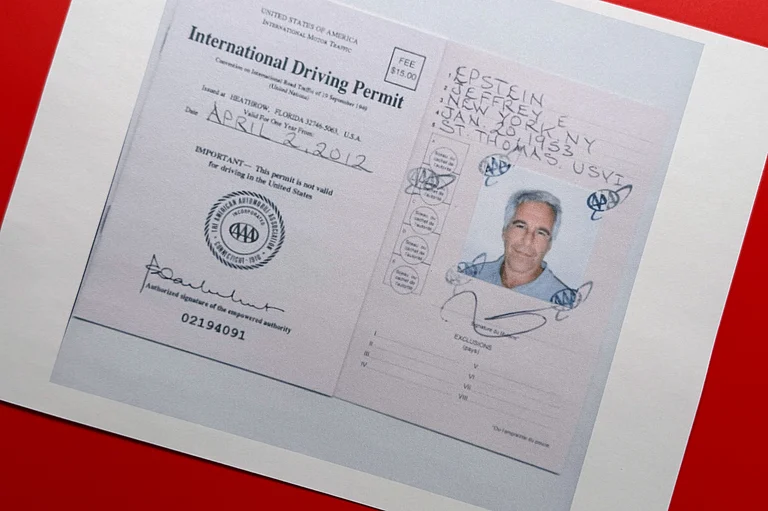2. You're doing your grocery shopping and your child screams that she wants chocolate and ice cream. You...
(a) Buy her one chocolate and one ice cream.
(b) Grab your child and leave the market.
(c) Say "no" and continue with your groceries.
3. Your child is upset and throws himself on the floor and screams, also called a temper tantrum. You...
(a) Give your child what he wants; you don't want to hear him cry.
(b) Get upset and you yell at him to calm down.
(c) Let him have his "fit" without any fuss. Once calm, you give the same answer that got him all upset in the first place.
4. Your child wants to play with toys that you're not comfortable with. You...
(a) Buy him the toys.
(b) Forbid the toys.
(c) Talk to your child and find a toy you both are comfortable with.
5. Your child in play-group/school has been misbehaving. You...
(a) Brush it off; kids are kids.
(b) Punish your child and call her "a bad girl".
(c) Talk to your child and find out why she has been misbehaving.
6. Your child has emptied the toy box, the drawers and the closet. You...
(a) Help her clean up.
(b) Yell and tell her to clean up—Now!
(c) Give your child a time limit and tell her you won’t take her to the park.
7. Your child makes up a story and is lying to you. You...
(a) Let her fantasise, you know the truth anyway.
(b) Tell your child he's lying, send him to his room.
(c) Tell the child to trust you, you know the truth, you need to know the truth on everything.
8. You're talking to a client, your child is running around and yelling about the house. You...
(a) End your call and ring back later.
(b) Put the phone on hold and send her to her room.
(c) Take out paper and crayons or books to quiet her down while you finish your call.
9. Your child has bitten another child. You...
(a) Let it go; all children bite.
(b) Bite your child back to let her know it hurts.
(c) Show the bite mark to your child and talk about the pain, and that biting is not acceptable.
10. Your child forgot to do an important task that you had asked her to do. You...
(a) Let it go, she'll remember next time, she’s a kid.
(b) Tell her she won’t succeed like this so she'll remember it.
(c) Set up a calendar with drawing and stickers to help her be more responsible.
11.
Your child used markers to draw happy faces on his bedroom wall. You...
(a) Think your child has artistic skills.
(b) Get mad, hide all the markers and ground him.
(c) Show your disapproval and let your child clean his walls.
12. How often do you get angry with your child?
(a) Rarely.
(b) Daily.
(c) On occasion.
13. Your child has a nightmare and instead of going to bed she turns the TV on. You...
(a) Let her be, when she's not scared she can go back to bed.
(b) Yell to her to get back to bed, and quick.
(c) Get up, comfort your child and tuck her in.
14. If asked, would your child say how many rules there are in your home?
(a) She would name less than five.
(b) She would say there are too many to count.
(c) She would name between five and ten.
15. What are the greatest values you want to instil in your child?
(a) Self-regulation and freedom of speech.
(b) Obedience and respect for authority.
(c) Respect and the art of negotiation.
Scoring
Calculate the number of As, Bs and Cs, the letter with the most points is most likely your dominating parenting style.
More As, you have a ‘permissive’ style. You treat your child as an adult, let her take decisions, don't impose rules. Your child can have control over meals, sleeping times and her behaviour. These children might have future problems dealing with rules, regulations. They often make decisions but are not prepared to accept the consequences.
More Bs, you have an ‘authoritarian’ style. You are very demanding of your child and do not give in return. The family environment is rigid and controlling. The child might grow up without any guidance, lack self-confidence and fail to take his/her own decisions.
More C’s, you have an ‘authoritative’ style. You are demanding but give in return. You are open to discussion and negotiating, but firm. Your relationship is based on respect and routines. Children learn social skills and their self-image is a positive one.
NOTE: THERE IS NO ‘PERFECT’ PARENTING. GOOD OR SUCCESSFUL PARENTING IS ALL ABOUT A JUDICIOUS MIX OF THESE STYLES.
Adapted from "Expressions"–the school-based pilot project on holistic health, VIMHANS, New Delhi.


























